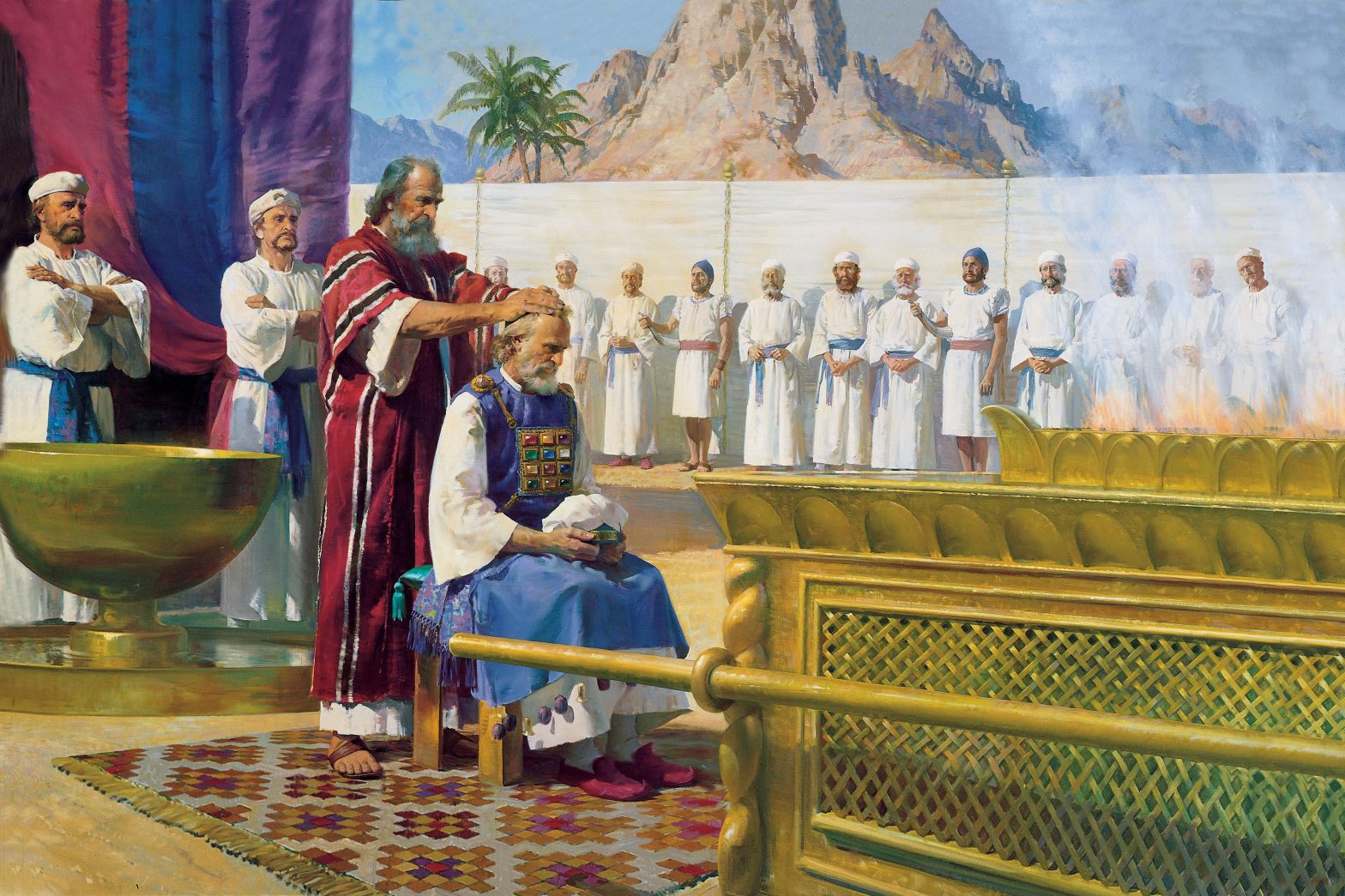THE SEED
Then we’ll see Jesus as He truly is, and we won’t struggle with “all that is in the world” 1 John 2:16.
It is beyond our comprehension what God has in store for us. But few people are aware of that. Most of the time, we are so consumed by daily obligations that we hardly stop to consider what it will mean to be sanctified. It takes time to become sanctified. God sets us apart for Himself when we are rescued. He then strives to transform us into His Son Jesus’ likeness for the remainder of our lives. We all suffer with sin, but when we pass away, our spirits will be perfectly innocent as they go to paradise. Then we won’t have to battle “everything that is in the world,” because we’ll recognise Jesus for who He really is (1 John 2:16). Even if this will be fantastic, this is not the last step. The souls of individuals who have died in Christ will be brought with Jesus when He descends from heaven at some point. The believers who are still alive on earth will experience change as they are reunited with their resurrection bodies (1 Thessalonians 4:14-17; 1 Corinthians 15:51-54). Then the whole person—soul, body, and spirit—will have been sanctified. We will then spend all of time in the Lord’s presence, guiltless and pure. How will you live today, knowing this? The assurance of salvation is intended to inspire us to live a holy life rather than only to offer us hope.
PRAYER
Oh Lord, give me the power to walk with you in truth and in righteousness.
BIBLE READINGS: 1 Thessalonians 5:12-28
ÈTO NLA ỌLỌ́RUN
IRUGBIN NAA
Nigba naa ni ao rii bi Jesu ṣe jẹ nitootọ, ati pe a ko ni tiraka pẹlu “gbogbo ohun ti o wa ninu aye” 1 Johannu 2:16
O kọja oye wa ohun ti Ọlọrun ni ipamọ fun wa. Ṣugbọn diẹ eniyan ni o mọ eleyi. Lọ́po ìgbà, àwọn ojúṣe wa ojoojúmọ́ máa ń jẹ wá lọ́kàn débi pé a kì í fi bẹ́e ṣíwọ́ láti ronú Pataki isodimimo wa. O gba akoko lati di mimọ. Ọlọ́run yà wá sọ́to fún ara Rẹ̀ nígbà tí a bá gbà wá. Lẹhinna o ngbiyanju lati yi wa pada si apẹrẹ Jesu Ọmọ Rẹ fun iyoku igbesi aye wa. Gbogbo wa ni a jìyà eṣe, ṣùgbọ́n nígbà tí a bá kọjá lọ, emí wa yóò jẹ́ aláìmọwọ́-mẹse bí wọ́n ṣe ń lọ sí párádísè. Lẹhinna a ko ni lati jagun “gbogbo ohun ti o wa ni agbaye,” nitori a o da Jesu mọ fun ẹniti O jẹ nitootọ (1 Johannu 2:16). Paapa yi o je OHUN agba iyanu, eyi kii ṣe igbesẹ ti o kẹhin. Awọn ọkàn ti o ti ku ninu Kristi ni a o mu pẹlu Jesu nigbati o ba sọkalẹ lati ọrun wá ni akoko kan. Àwọn onígbàgbọ́ tí wọ́n ṣì wà láàyè lórí ile ayé yíò ní ìrírí ìyípadà bí wọ́n ṣe tún padà wà ní ìṣokan pelú ara àjíǹde wọn (1 Tẹsalóníkà 4:14-17; 1 Kọ́ríńtì 15:51-54). Nígbà náà gbogbo ènìyàn,ọkàn, ara, àti emí—yóò ti sọ di mímọ́. A yoo lo gbogbo akoko ni iwaju Oluwa, laini ẹbi ati mimọ. Bawo ni oose gbe igbe aye re loni niwon igba ti o ti mo eyi? Idaniloju igbala jẹ ipinnu lati fun wa ni iyanju lati gbe igbesi aye mimọ ju ki o fun wa ni ireti nikan.
ADURA
Oluwa, fun mi ni agbara lati ba o rin ni otito ati li ododo
BIBELI KIKA: 1 Tẹsalóníkà 5:12-28
